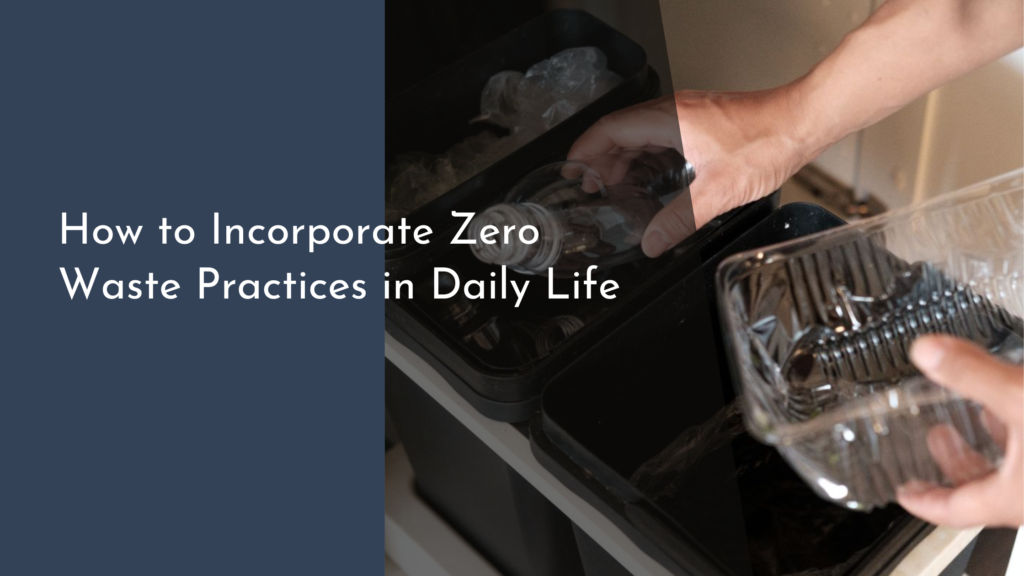How to Grow Herbs for Fermenting and Pickling
Growing your own herbs for fermenting and pickling is a delightful journey that combines the joys of gardening with the art of preservation. Not only do fresh herbs enhance the flavor of your fermented and pickled creations, but they also contribute beneficial properties to your health. Imagine the satisfaction of transforming your own homegrown herbs into tangy, probiotic-rich goodies that elevate your meals. Whether you’re a seasoned gardener or a complete novice, this guide will help you cultivate a thriving herb garden to enhance your culinary adventures.
As you delve into the world of herb gardening, you’ll find that it’s not just about the plants—it’s about the experience. From sowing seeds to harvesting your bounty, every step is filled with anticipation and joy. So, roll up your sleeves, grab your gardening tools, and let’s get started on creating a vibrant herb garden that will elevate your fermenting and pickling game!
Discover the Joy of Growing Herbs for Delicious Ferments
Growing your own herbs can be a fulfilling experience that goes beyond just enhancing your meals. Freshly harvested herbs can infuse your ferments and pickles with unique flavors that store-bought alternatives simply can’t match. Whether you’re adding dill to your cucumber pickles or basil to your fermented tomatoes, the freshness and aroma of homegrown herbs will transform your creations into culinary masterpieces. Additionally, growing herbs allows you to experiment with various flavor profiles, making your pickling and fermenting projects truly your own.
Furthermore, cultivating herbs can also have therapeutic benefits. Tending to plants can relieve stress, boost your mood, and provide a sense of accomplishment. As you nurture your herbs, you’ll create a deeper connection with your food and its origins. From the simple act of watering to the thrill of watching your plants thrive, growing herbs can lead to a joyous and rewarding gardening journey that enhances your kitchen endeavors.
Best Herb Varieties to Elevate Your Pickling Game
When it comes to pickling and fermenting, certain herbs shine brighter than others. Dill is often the star of the pickling process, with its aromatic leaves and seeds providing that quintessential tangy flavor in classic dill pickles. Meanwhile, thyme and rosemary offer earthy undertones that pair beautifully with vegetables and fruits alike. For a bit of spice, consider adding coriander or fennel seeds, which add unique flavors that can take your pickling to the next level.
Other herbs, like basil and mint, can introduce refreshing notes to your ferments. Basil is especially delightful with pickled tomatoes or as an addition to brined cucumbers, while mint can add an unexpected twist to sweet pickles or fermented fruits. Experimenting with various herb combinations can lead to exciting and delicious results, ensuring that your pickled and fermented delights are always one-of-a-kind.
Easy Steps to Cultivate a Herb Garden at Home
Starting your herb garden is easier than you might think! First, choose a sunny spot in your yard or balcony where your herbs can soak up at least six hours of sunlight daily. If space is limited, consider using pots or window boxes, which can be easily placed in sunny areas. When selecting your herbs, opt for a mix of your favorites, including easy-to-grow varieties like basil, parsley, and cilantro. Purchase seeds or young plants from a local nursery or online, and be sure to check the planting instructions for each variety.
Once you have your herbs, prepare the soil by mixing in compost to provide essential nutrients for your plants. Plant your seeds or seedlings according to the recommended spacing, and water them regularly, ensuring the soil remains moist but not soggy. As your herbs grow, keep an eye out for pests and diseases, and don’t hesitate to remove any dead leaves or spent flowers to promote healthy growth. With a little care and patience, you’ll be reaping the rewards of your herb garden in no time!
Harvesting and Using Your Herbs for Fermenting Magic
The moment has arrived! When your herbs are lush and green, it’s time to harvest them. For optimal flavor, harvest your herbs in the morning when their essential oils are most concentrated. Use scissors or garden shears to snip off the leaves, and be sure to leave some on the plant to encourage further growth. If you’re working with herbs like dill or cilantro, you can also collect the seeds once they have dried on the plant for extra flavoring in your ferments.
When using your herbs for fermenting, the possibilities are endless. Add chopped herbs directly into your brine or mix them into your vegetables before packing them into jars. For a more intense flavor, consider making herb-infused brines. Simply simmer your herbs in vinegar or water along with your pickling spices to create a fragrant base for your preserves. The result will be vibrant, flavorful ferments that are not only delicious but also a testament to your gardening prowess!
Growing your own herbs for fermenting and pickling is not just a rewarding hobby, but it also enriches your culinary skills. With fresh herbs at your fingertips, you can create unique flavors that will impress your friends and family. As you embark on this flavorful journey, remember to enjoy the process of gardening as much as the delicious outcomes. So, gather your seeds, cultivate your plants, and let your creativity shine through in your ferments and pickles. Happy gardening and happy fermenting!

